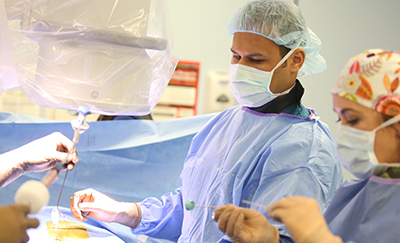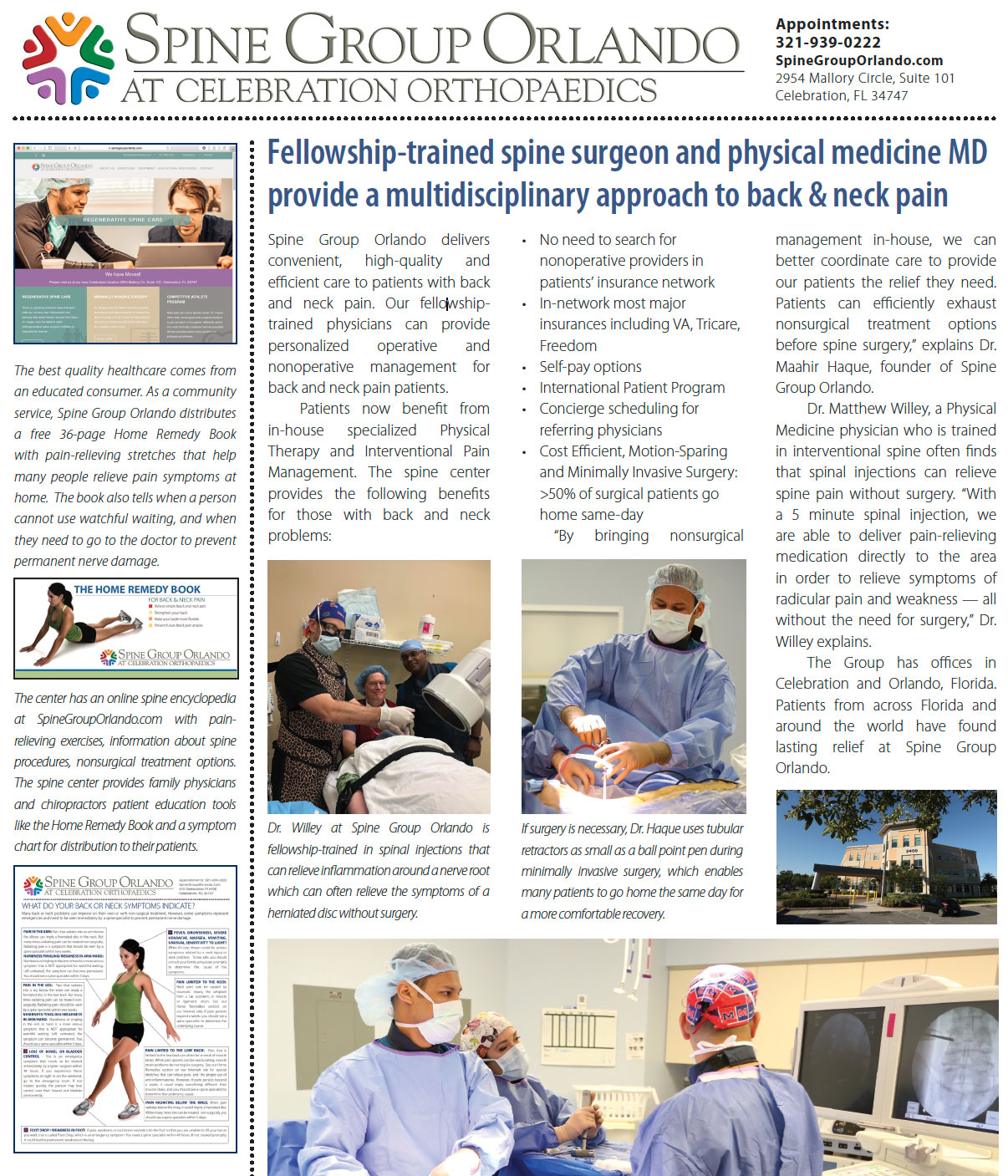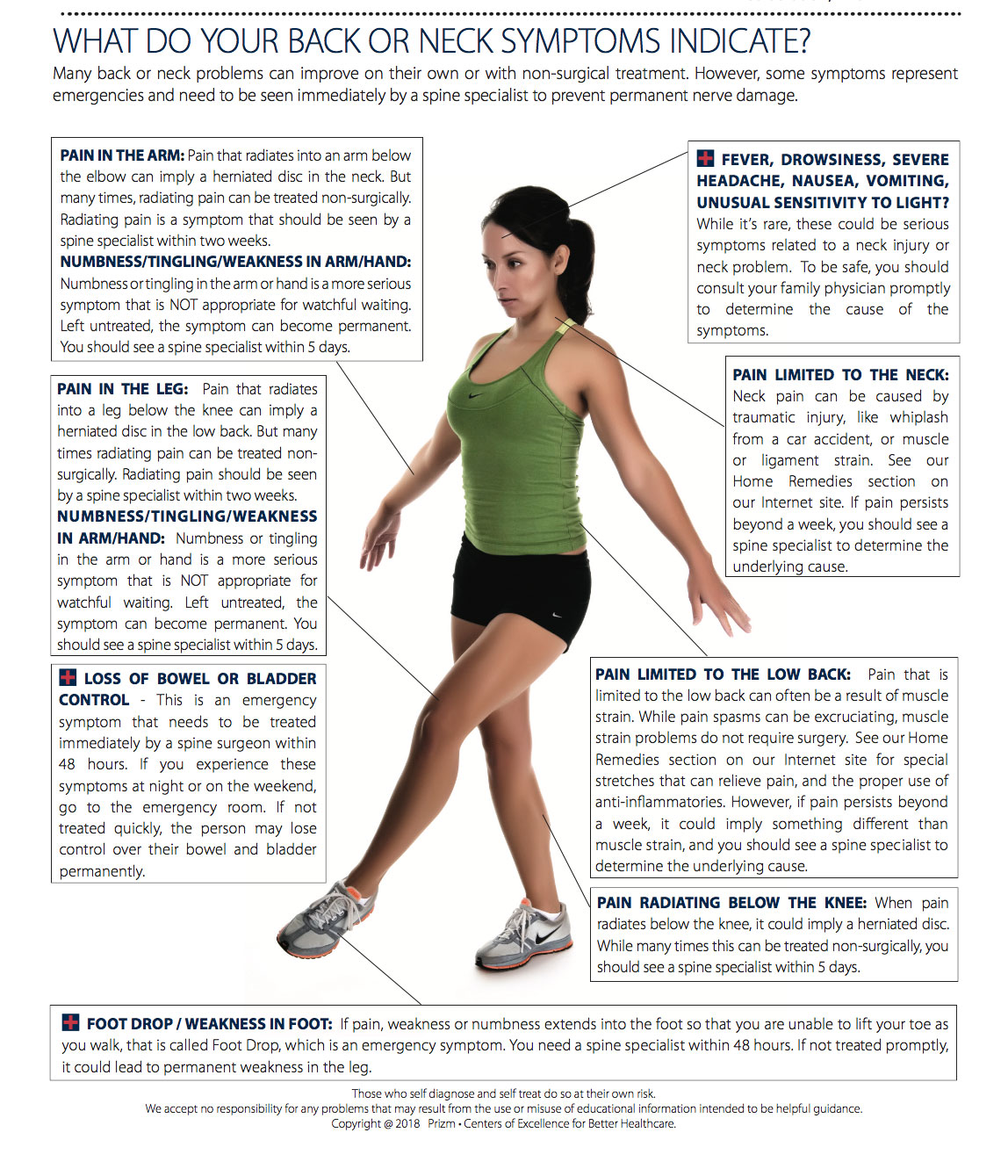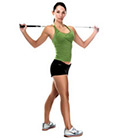 Overview on Back Strain
Overview on Back Strain
Back strain is a fairly broad category called “soft tissue injury,” which covers muscles, tendons and ligaments. About 80% of back and neck pain is muscle-related.
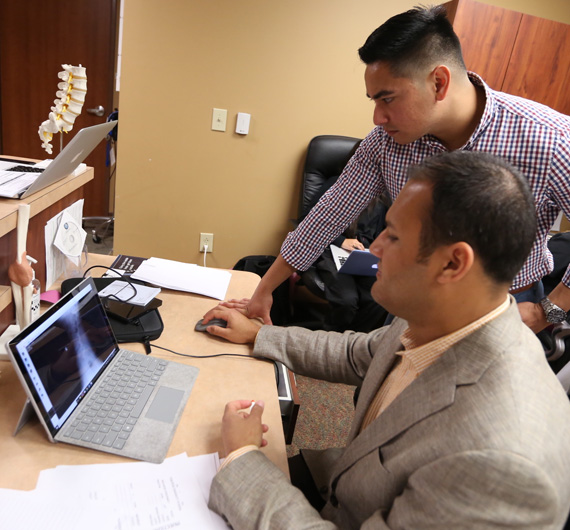 The stomach muscles, or abdominals, enable the back to bend forward. They also assist in lifting. The abdominals work with the buttock muscles to support the spine. The oblique muscles go around the side of the body to provide additional support to the spine.
The stomach muscles, or abdominals, enable the back to bend forward. They also assist in lifting. The abdominals work with the buttock muscles to support the spine. The oblique muscles go around the side of the body to provide additional support to the spine.
Another type of strain relates to spinal ligaments that run in front and in back of the vertebral bodies. Tendons, which also connect muscles in the spine, can develop inflammation, or tendonitis.
Some people believe that part of what makes the back muscles more prone to strain is that they are shorter than other big muscles in the body. The muscles in our thighs that enable us to walk, run and jump are longer and less prone to strain. It’s very unusual to strain a thigh muscle.
[top]
Causes
Muscles in the back can strain or spasm and form a hard lump, like a charley horse in the leg. Back muscle spasms can be caused by injury and pain, whether the source is muscle strain, or a disc problem. A spasm, defined as an involuntary convulsive contraction of muscle fibers, can be excruciating. The muscle spasm can be steady or come in waves of contractions. Your muscle is sending you a signal that it has been pushed beyond its ability.
[top]
Symptoms
A symptom of muscle strain may be an excruciating spasm in the back that is very painful.
Treatment
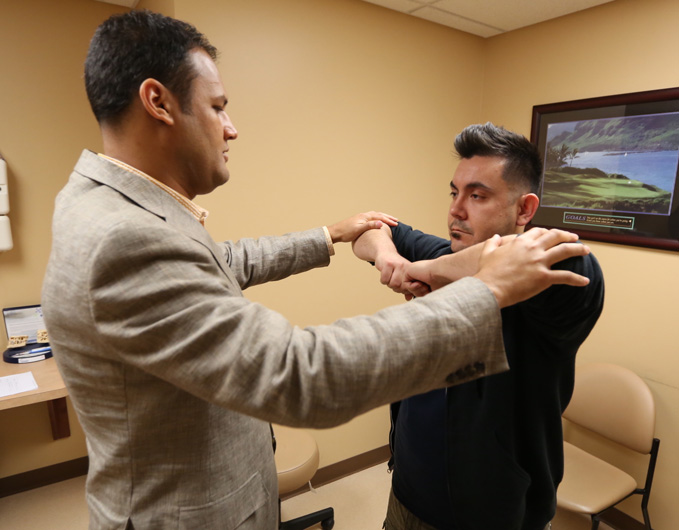 Surgery is never appropriate for muscle strain.
Surgery is never appropriate for muscle strain.
As with any muscle injury, it’s natural for an individual to stop moving the injured area and wait for it to heal. Ironically, this is counter-productive. Restricting movement causes the muscle to weaken , become less flexible, and receive less circulation. In fact, gentle stretching and exercise is the best way to resolve the injury by getting it moving and increasing circulation.
Recommendations:
- Rest.
- Apply ice for five minutes at a time for the first 48 hours, then switch to heat.
- Take anti-inflammatories, preferably ibuprofen like Advil or Nuprin as directed on the bottle. Acetominophen (Tylenol) may be taken for pain, if you are allergic to ibuprofen.
- Try our home remedy exercises. But remember, no exercise should be painful. Stop if they cause an increase in pain or symptoms.
- An appointment with a nonsurgical spine specialist is most appropriate for muscle-related back pain.
- Call us immediately if you experience any emergency, red-flag symptoms.
Maahir Haque, MD is recognized as a leader in the field of minimally invasive spine surgery. At Spine Group Orlando, Dr. Maahir Haque also provides second opinions for spine surgery and MRI reviews for those with back pain and neck pain. Dr. Haque emphasizes non-surgical options for back pain and neck pain where possible. This can include accessing a back pain specialist with expertise in pain-relieving spinal injections and spine therapists. Spine therapy can include back stretches that can be a future home remedy for back pain or neck pain. If spine surgery is necessary because of a herniated disc, spinal fracture, or spinal stenosis, Dr. Maahir Haque operates through tubular retractors that reduce the size of the incision, lessen blood loss, reduce time in the hospital, speed return to activity with a less painful recovery. This spine surgery expertise enables many patients to have outpatient spine surgery and be home the same day. Spine Group Orlando and Dr. Maahir Haque provides artificial disc replacement in the neck using the Mobi-C disc implant, the first FDA-approved disc for multiple levels in the neck. Prodisc-C is also used for artificial disc replacement in the cervical spine. Dr. Haque is also one of the few spine surgeons in Orlando, Florida to provide lumbar artificial disc replacement using the Prodisc-L artificial disc. Dr. Haque is also referred patients from across Orlando and north central Florida for artificial disc replacement surgery as an alternative to spinal fusion. Accordingly, Dr. Haque's patients travel from across north central Florida, including: Orlando; Jacksonville; Tallahassee; Lakeland; Gainesville; Tampa; Daytona Beach; and Cocoa Beach. The spine center, as a destination for medical tourism for some international patients from Mexico and the Caribbean, can provide recommendations to out-of-town patients on nearby hotels and tourist attractions. Dr. Haque is featured on the national site CentersforArtificialDisc.com as an author on the subject of artificial disc replacement for herniated discs in the neck. The Centers for Artificial Disc web site has content specific to disc replacement options and alternatives to spinal fusion. Click here to visit the Centers for Artificial Disc.

